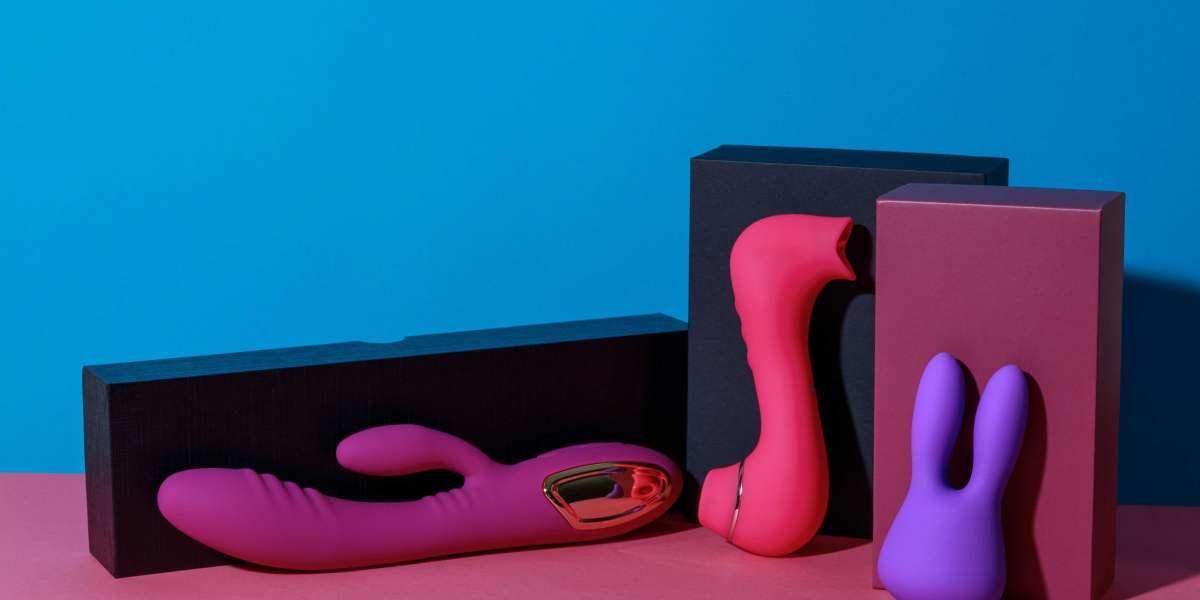Dental implant surgery is an important step in restoring your smile and oral health. While the procedure is generally successful, proper care during recovery is essential to avoid complications. With the right preparation, aftercare, and regular check-ups, you can ensure a smooth healing process. If any concerns arise, seeking advice from an emergency dentist in Wirral will help maintain the health and longevity of your implant.
The Foundation of a Smooth Recovery – Pre-Surgery Preparation
Choosing a Skilled Surgeon
The success of your dental implant surgery largely depends on the expertise of the surgeon you choose. Selecting a dental implant Wirral specialist with extensive experience significantly increases your chances of a smooth procedure and faster recovery. It’s essential to do your research before undergoing surgery.
Why is this important?
- A highly trained professional knows the latest techniques and technologies, reducing the likelihood of complications.
They can assess your overall health, oral health, and the condition of your bone and gums, ensuring that you’re ready for the procedure.
Choosing the right professional is the first step in ensuring the success of your dental implant surgery.
Pre-Surgery Instructions Matter
To prepare for dental implant surgery, your dentist will likely provide detailed instructions on how to prepare for the procedure. These instructions are important for minimising risks and promoting a smooth recovery.
What you need to know:
- If any antibiotics or specific medications are prescribed, take them as directed.
- If you're undergoing sedation, you'll be instructed not to eat or drink for a certain period before surgery.
- Your dentist will assess your oral health to ensure that your gums and jawbone are in optimal condition for the implant.
Taking these instructions seriously helps ensure that your procedure goes as planned and reduces the chances of complications later.
Video link- Full Mouth Dental Implants Wirral – Smile Confidently
Post-Surgery Care – The First 24 Hours Are Crucial
Manage Swelling and Discomfort
One of the most common post-surgery issues after dental implants is swelling. Applying ice packs to the face helps reduce swelling and pain.
How to use ice packs effectively:
- Wrap the ice pack in a clean cloth and apply it to the cheek area where the implant is located.
- Apply the ice for 15-20 minutes at a time, followed by a 20-minute break to avoid skin irritation.
- Swelling is normal but should start to subside after the first few days.
By following these guidelines, you can manage swelling and make your recovery more comfortable.
Pain Management for Recovery
You may experience discomfort following the surgery, but effective pain management is key to a smooth recovery.
How to handle pain:
- Your dentist will provide prescription pain medication to help with discomfort. If the pain is mild, over-the-counter pain relievers like ibuprofen may suffice.
- Follow your dentist's instructions regarding dosages to avoid any complications.
Remember, it’s crucial to stick to the prescribed medications and avoid overuse of painkillers.
Long-Term Care: How to Keep Your Implant Safe
Maintain Excellent Oral Hygiene
After dental implant surgery, it’s essential to maintain a clean mouth to prevent infections and ensure your implant integrates properly with your jawbone.
Best practices for oral hygiene:
- Use a soft-bristled toothbrush to clean the implant site carefully.
- Avoid brushing the implant directly for the first few days; instead, focus on brushing the surrounding teeth.
- Use a non-alcoholic mouthwash or one recommended by your dentist to rinse your mouth gently.
Regular brushing and flossing will help keep your mouth free from bacteria, reducing the risk of complications. Keep in mind that regular visits to a dental implant Wirral professional will help monitor your healing progress.
Steer Clear of Smoking and Alcohol
Smoking and alcohol can interfere with the healing process, affecting bone regeneration and implant integration.
Why avoid smoking and drinking?
- Smoking reduces blood circulation to the gums and bone, which can delay healing.
- Alcohol can interfere with medication and slow down the healing process.
To ensure that your implant has the best chance of success, avoid smoking and drinking for a few weeks after surgery.
Choose a Healthy Diet for Healing
Eating the right foods during recovery is just as important as oral hygiene. Certain foods can support healing and help maintain your implant’s integrity.
What to eat:
- Soft foods like mashed potatoes, smoothies, and soups are gentle on the implant site.
- Foods rich in vitamins and minerals, such as leafy greens and fish, promote healing and bone health.
- Avoid hard, sticky, or crunchy foods that could put undue stress on the implant during the early stages of healing.

Key Activities to Avoid Post-Surgery
Avoid Strenuous Activities
Physical exertion can interfere with the healing process by raising your blood pressure, which could lead to bleeding or complications with your implant.
Why it’s important to rest:
- Rest allows your body to focus on the healing process.
- Intense exercise could disrupt the surgical site, potentially causing harm to the implant.
Stick to light activities like walking, and refrain from any heavy lifting or intense exercise for the first few weeks following your surgery.
Don’t Chew Directly on the Implant Site
During recovery, avoid chewing on the side of your mouth where the implant was placed. This helps avoid putting unnecessary pressure on the implant while it heals.
How to manage chewing:
- Choose soft foods and cut them into smaller pieces to make chewing easier.
- Avoid chewing gum or anything that requires excessive effort during the early stages of recovery.
Taking this simple step will help ensure that your implant heals without added pressure.
Regular Check-Ups – Stay On Top of Healing Progress
Importance of Follow-Up Appointments
Regular check-ups with your dental implant Wirral specialist are crucial for ensuring proper healing. These visits allow your dentist to assess the progress of the implant and make adjustments if necessary.
Benefits of follow-up appointments:
- Early detection of any potential complications.
- Ensuring that the implant integrates properly with the bone (osseointegration).
- Professional cleaning to avoid bacterial infections.
Make sure to schedule your follow-up appointments as recommended by your dentist, and don’t miss them for optimal healing.
Signs That Require Immediate Attention
While most of the recovery process is straightforward, you should be aware of signs that something might be wrong. Identifying complications early can help avoid more serious problems down the line.
Warning signs:
- Persistent or severe pain after the first few days of recovery.
- Swelling or redness that worsens instead of improving.
- Any loosening or mobility of the implant after it has healed for several weeks.
If you notice any of these symptoms, contact an emergency dentist in Wirral for an immediate consultation.
Dealing with Temporary Setbacks – What to Do if You Experience Complications
Managing Swelling and Bruising
Swelling and bruising are common after dental implant surgery, but knowing when to seek help is essential.
- Normal: Mild swelling and bruising that begin to subside within the first few days.
- Not normal: Swelling or bruising that continues to worsen. Contact your emergency dentist in Wirral if this occurs.
Infection Prevention
Infections can delay healing and jeopardise the long-term success of your implant. To prevent infection, maintain a clean mouth and avoid touching the implant area unnecessarily.
If you notice symptoms of infection, like pus, fever, or worsening pain, reach out to your dentist without delay.
Conclusion
By following these essential tips for aftercare, you’ll significantly reduce the chances of complications following dental implant surgery. Always listen to your dentist’s advice and don’t hesitate to contact an emergency dentist in Wirral if any concerns arise during your recovery. With proper care, your dental implant will serve you for years to come.At EDW, we are committed to providing top-quality dental care and guidance throughout your implant journey, ensuring that your recovery is as smooth and successful as possible.









